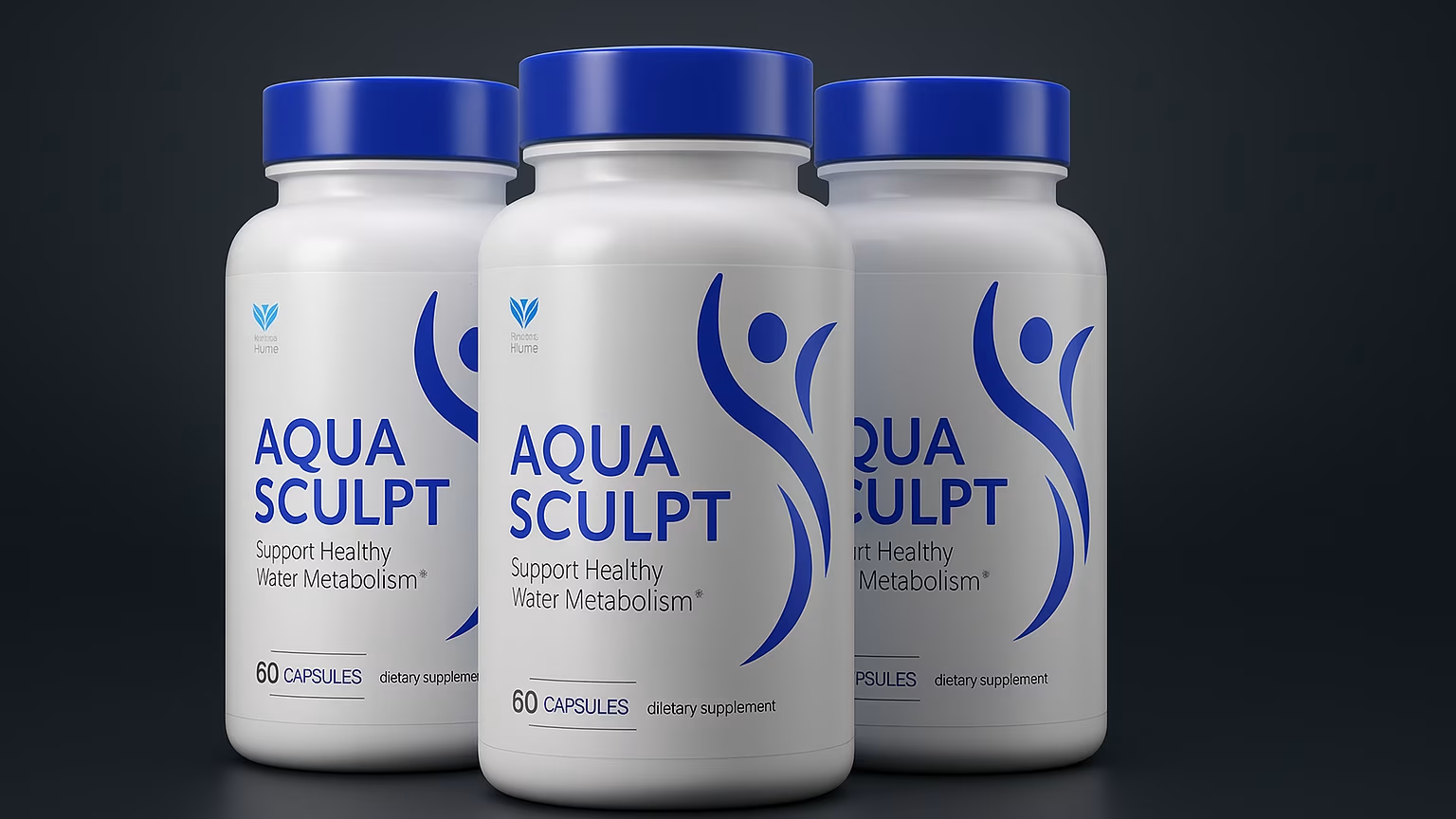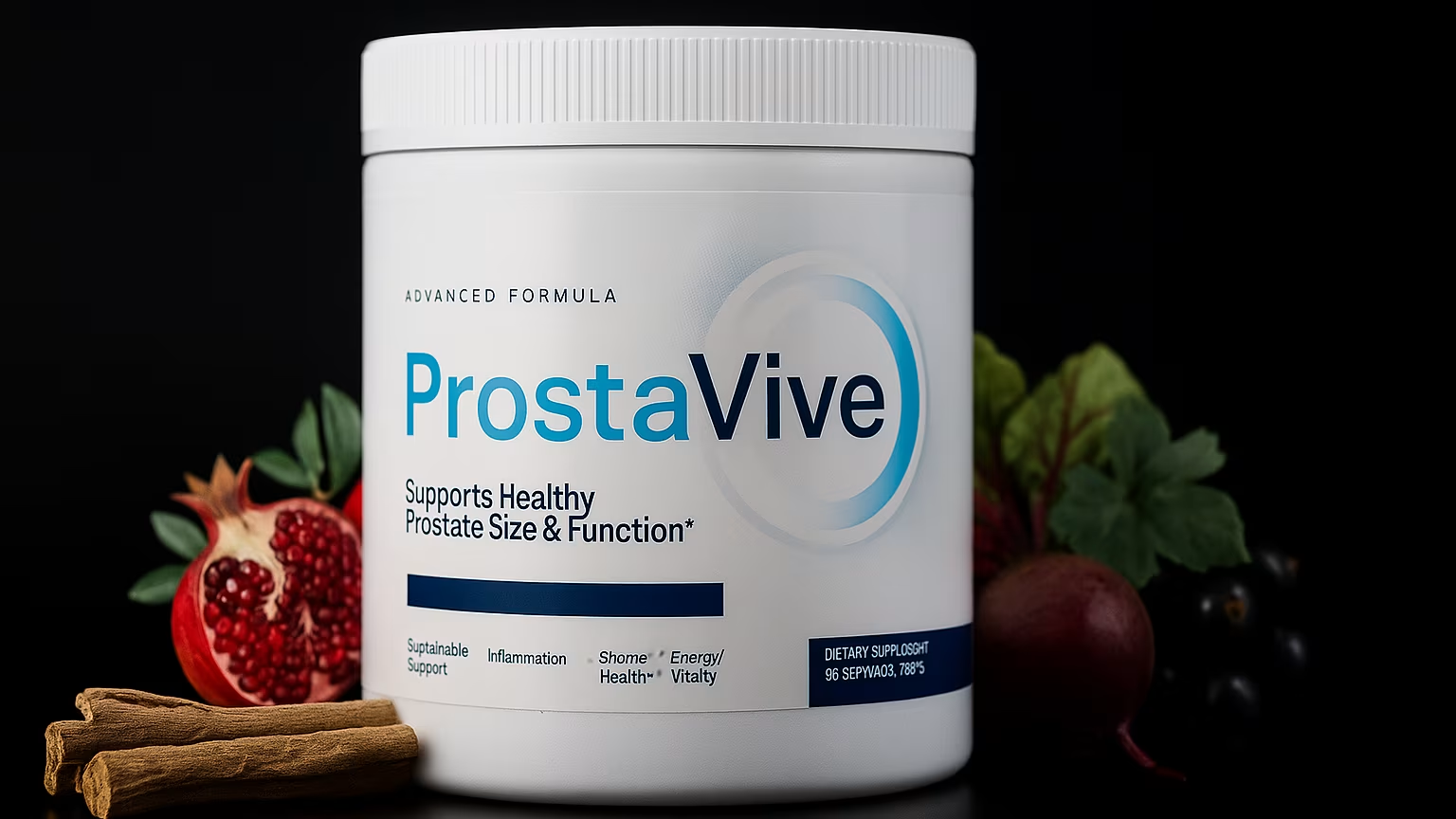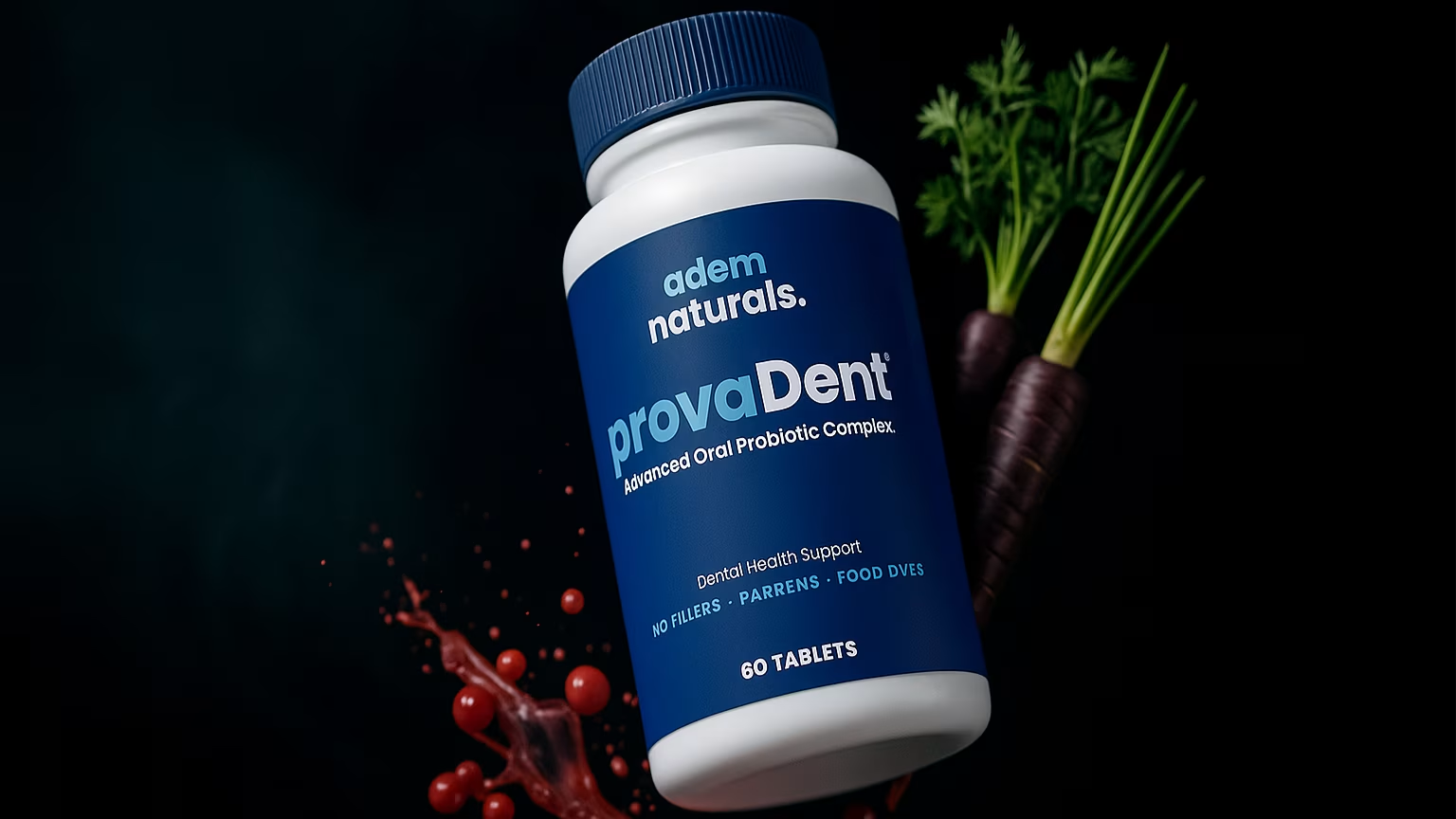Magnesium is a mineral your body needs for hundreds of daily functions. It helps muscles move, nerves send signals, and your heart maintain a steady rhythm. It also helps your body produce energy and supports bone health. Despite its importance, many people don’t get enough magnesium through food alone.
Table of contents
Signs You Might Need a Magnesium Supplement
You might have a magnesium deficiency and not even realize it. Common signs include:
- Muscle cramps or spasms
- Fatigue or weakness
- Headaches
- Poor sleep
- Anxiety or low mood
- Irregular heartbeat
If you notice these symptoms often, talk to your doctor. They may recommend a magnesium blood test or a supplement.
Also Read: Mitolyn Reviews 2025: Supplement Benefits, Complaints & Consumer Reports
Top Benefits of Taking a Magnesium Supplement
1. Improves Sleep
Magnesium helps calm your nervous system and regulates melatonin, the hormone that controls your sleep cycle. Research shows that magnesium may help people fall asleep faster and stay asleep longer—especially if they have trouble sleeping due to stress or age-related changes.
2. Relieves Muscle Cramps
Athletes and active adults often take magnesium to prevent muscle cramps. It helps muscles relax and supports recovery after workouts.
3. Supports Heart Health
Magnesium keeps your heart rhythm steady and may lower high blood pressure. People who get enough magnesium are less likely to develop heart disease.
4. Boosts Mood and Mental Health
Low magnesium levels are linked to anxiety and depression. Some studies suggest magnesium supplements may improve mood and reduce stress, especially when combined with a healthy diet.
5. Builds Stronger Bones
Magnesium works with calcium and vitamin D to strengthen bones. If you’re low on magnesium, your body may have trouble absorbing calcium properly, which raises the risk of weak bones or osteoporosis.
Best Types of Magnesium for Supplement Use
There are several forms of magnesium. Here are the most common and what they’re best for:
- Magnesium Citrate – Easy to absorb and good for relieving constipation
- Magnesium Glycinate – Gentle on the stomach and great for sleep and anxiety
- Magnesium Oxide – High in elemental magnesium, but not well absorbed
- Magnesium Malate – May help with energy and muscle soreness
- Magnesium L-Threonate – Supports brain health and cognitive function
Choose the type that matches your specific health goals.
How Much Magnesium You Need
The recommended daily intake for magnesium varies by age and gender:
| Group | Daily Magnesium (mg) |
|---|---|
| Adult Men (19–30 yrs) | 400 mg |
| Adult Women (19–30 yrs) | 310 mg |
| Men (31+) | 420 mg |
| Women (31+) | 320 mg |
| Pregnant Women | 350–360 mg |
Start with a low dose, especially if you’re new to supplements. Take magnesium with food to avoid an upset stomach.
Who Should Take Magnesium Supplements?
You may benefit from magnesium supplements if you:
- Eat a poor or restrictive diet (low-carb, keto, vegan)
- Have digestive problems (like Crohn’s disease or IBS)
- Drink alcohol often
- Take medications like diuretics or antacids
- Experience high stress, poor sleep, or muscle pain
Always ask your healthcare provider before starting magnesium, especially if you have kidney disease.
Top-Rated Magnesium Supplements
Here are some of the best-selling and most trusted magnesium supplements:
Nature Made Magnesium Citrate
Best For: Constipation and general use
Why: USP Verified, affordable, and easy to find
Doctor’s Best High Absorption Magnesium
Best For: Anxiety, muscle relaxation
Why: Highly absorbable, gentle on the stomach
Thorne Magnesium Bisglycinate
Best For: Athletes, muscle recovery
Why: NSF Certified for Sport, no artificial additives
Pure Encapsulations Magnesium Glycinate
Best For: Sensitive stomachs, sleep, mood
Why: Hypoallergenic and lab-tested
Life Extension Neuro-Mag
Best For: Brain support, memory
Why: Contains magnesium L-threonate, reaches the brain
NOW Magnesium Malate
Best For: Energy and muscle soreness
Why: Combines malic acid for energy support
KAL Magnesium Glycinate 400
Best For: High-dose, calming effect
Why: Easy on digestion, verified quality
Garden of Life Magnesium Powder
Best For: Drinkable option, digestion support
Why: Tasty flavors, includes probiotics
Natural Sources of Magnesium
Food is still the best way to get magnesium. Try to eat more:
- Spinach, kale, and other leafy greens
- Almonds, cashews, and pumpkin seeds
- Beans, lentils, and black beans
- Whole grains like brown rice and quinoa
- Dark chocolate (70% cocoa or more)
- Avocados and bananas
Are There Any Side Effects?
Most people tolerate magnesium supplements well. However, taking too much—especially over 350 mg from supplements—can cause:
- Diarrhea
- Nausea
- Stomach cramps
- Low blood pressure (in very high doses)
Avoid magnesium if you have kidney problems unless your doctor advises it.
Final Thoughts
Magnesium is essential to your health, and many Americans don’t get enough. A good-quality supplement can help improve sleep, reduce stress, support muscles and bones, and protect your heart. Pick the right type for your needs and start with a safe dose.
Always check with your healthcare provider before starting any supplement to make sure it’s safe for you.








